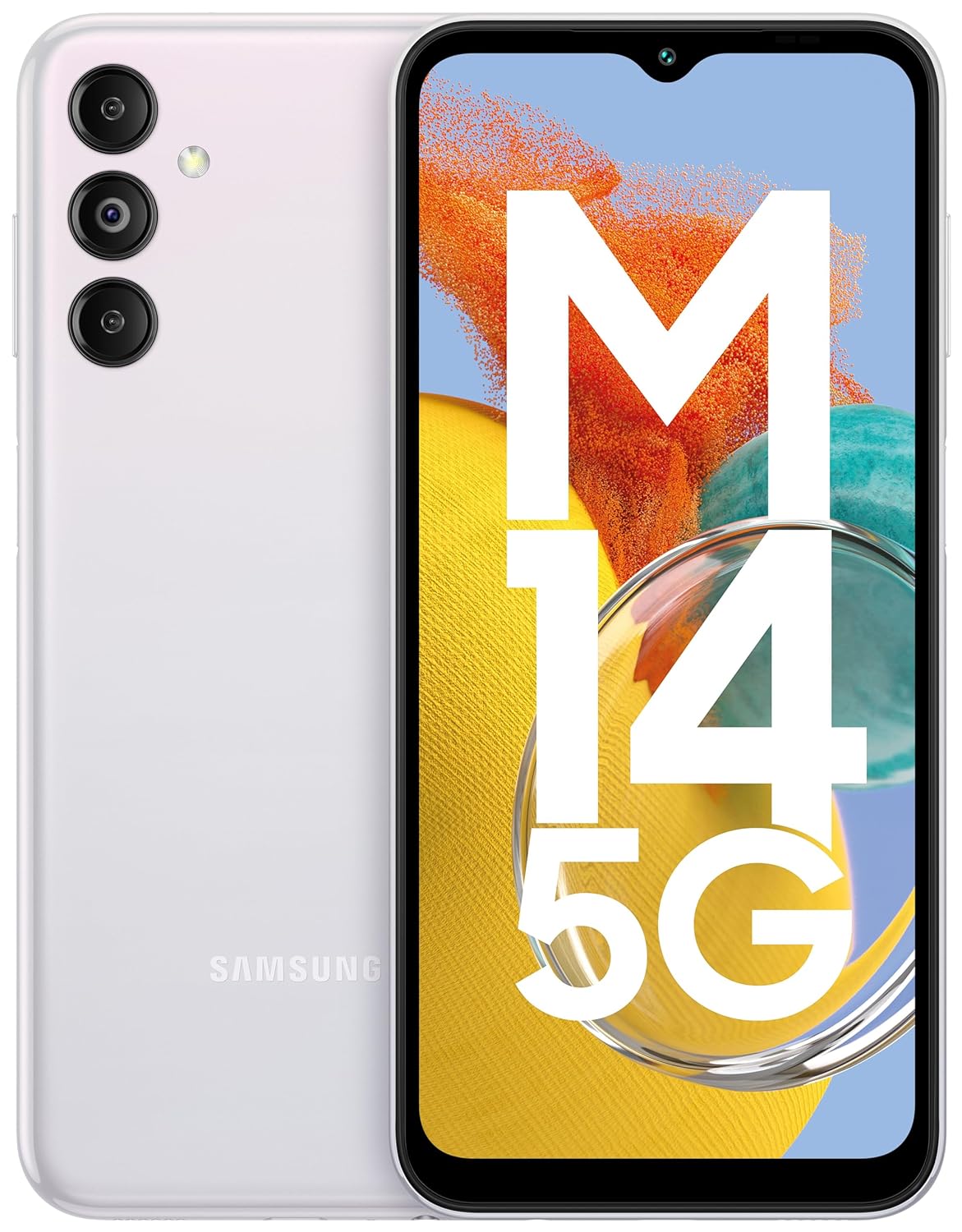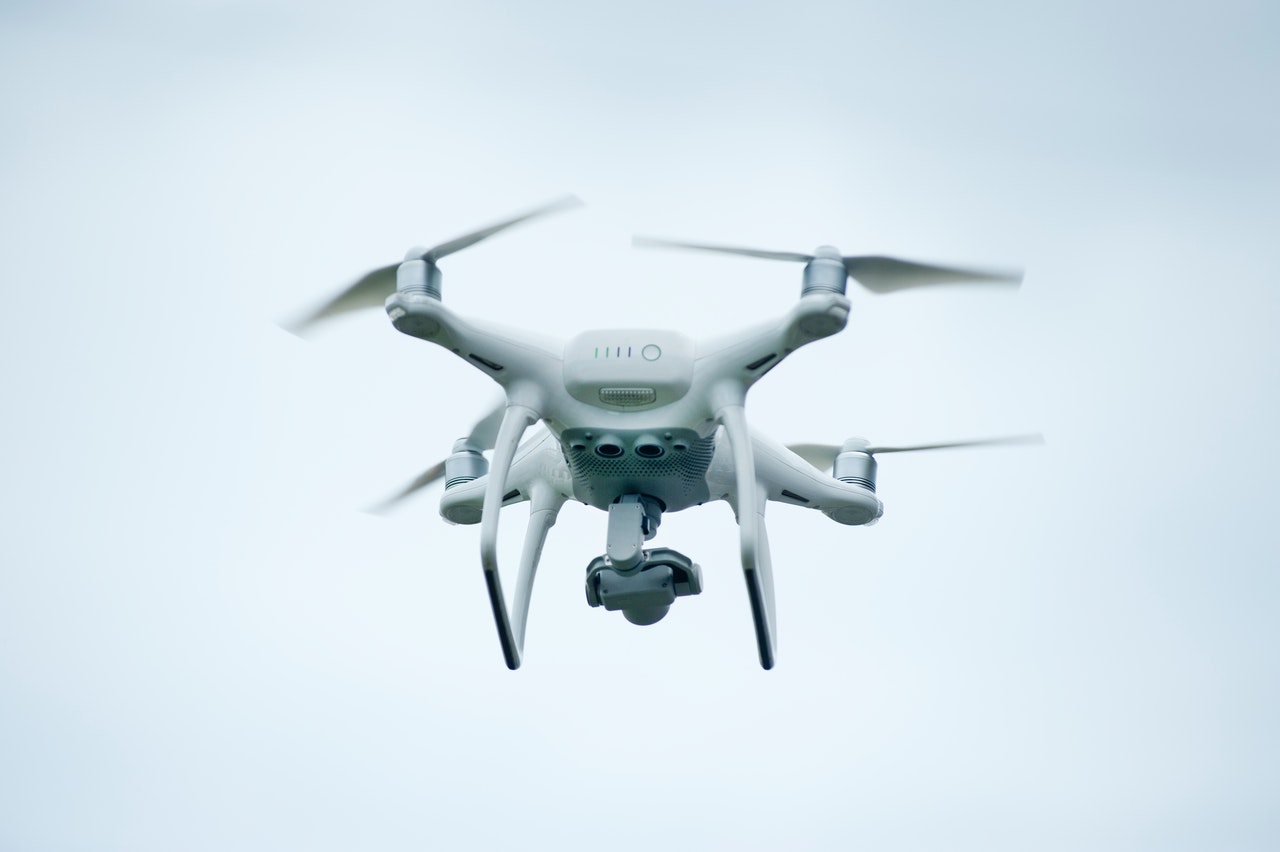The Advantages and Disadvantages of Mobile Phones
Mobile phones have become an integral part of modern life, transforming the way we communicate, access information, and manage our daily tasks. However, like any technology, mobile phones come with their own set of advantages and disadvantages.
Advantages of Mobile Phones
- Communication: Mobile phones have revolutionized communication, making it easier to stay in touch with family, friends, and colleagues. Instant messaging, voice calls, and video conferencing have bridged distances and facilitated real-time communication across the globe.
- Accessibility to Information: With internet-enabled smartphones, users can access a vast amount of information from anywhere. News, educational resources, and real-time updates are at the fingertips of mobile phone users.
- Convenience and Portability: Mobile phones are portable and easy to carry, providing convenience for users to perform various tasks on the go. From checking emails to online shopping, mobile phones simplify many daily activities.
- Entertainment: Smartphones offer numerous entertainment options such as music, movies, games, and social media. Streaming services and mobile apps provide endless entertainment possibilities.
- Productivity and Organization: Mobile phones come with various applications that enhance productivity and organization. Calendar apps, task managers, and note-taking applications help users stay organized and manage their time effectively.
- Emergency Use: Mobile phones are crucial in emergencies. They allow users to call for help, access emergency services, and provide location information that can be lifesaving in critical situations.
- Social Connectivity: Social media apps on mobile phones enable users to connect with others, share experiences, and participate in online communities. This fosters social interaction and networking.
Disadvantages of Mobile Phones
- Distraction and Addiction: Mobile phones can be highly addictive, leading to excessive use and distraction. This can affect productivity, concentration, and even personal relationships.
- Privacy Concerns: With the vast amount of personal information stored on mobile phones, privacy is a significant concern. Data breaches, unauthorized access, and tracking by apps can compromise user privacy.
- Health Risks: Prolonged use of mobile phones can lead to health issues such as eye strain, neck pain, and sleep disturbances. The radiation emitted by mobile phones has also raised concerns about potential long-term health effects.
- Social Isolation: Despite promoting connectivity, excessive use of mobile phones can lead to social isolation. People may prioritize virtual interactions over face-to-face communication, impacting their social skills and relationships.
- Cost: High-end smartphones and their associated costs, including data plans, accessories, and app purchases, can be expensive. This financial burden can be significant for some users.
- Security Risks: Mobile phones are vulnerable to malware, hacking, and other security threats. Users must be vigilant about securing their devices to protect sensitive information.
- Environmental Impact: The production and disposal of mobile phones contribute to environmental pollution. The extraction of raw materials, energy consumption during manufacturing, and electronic waste are significant environmental concerns.
Conclusion
Mobile phones offer numerous benefits that enhance our daily lives, from improved communication and information access to increased convenience and productivity. However, it is essential to be aware of the potential disadvantages, such as privacy issues, health risks, and social impacts. By understanding these pros and cons, users can make informed decisions about how to use mobile phones responsibly and effectively.




